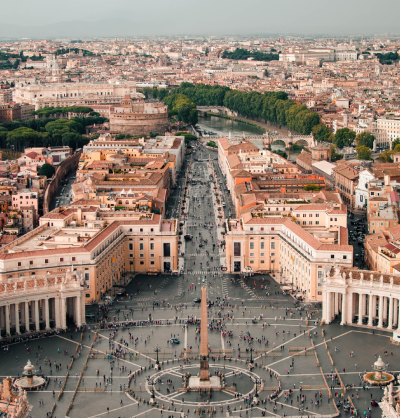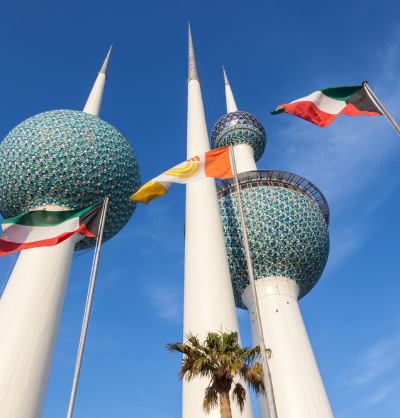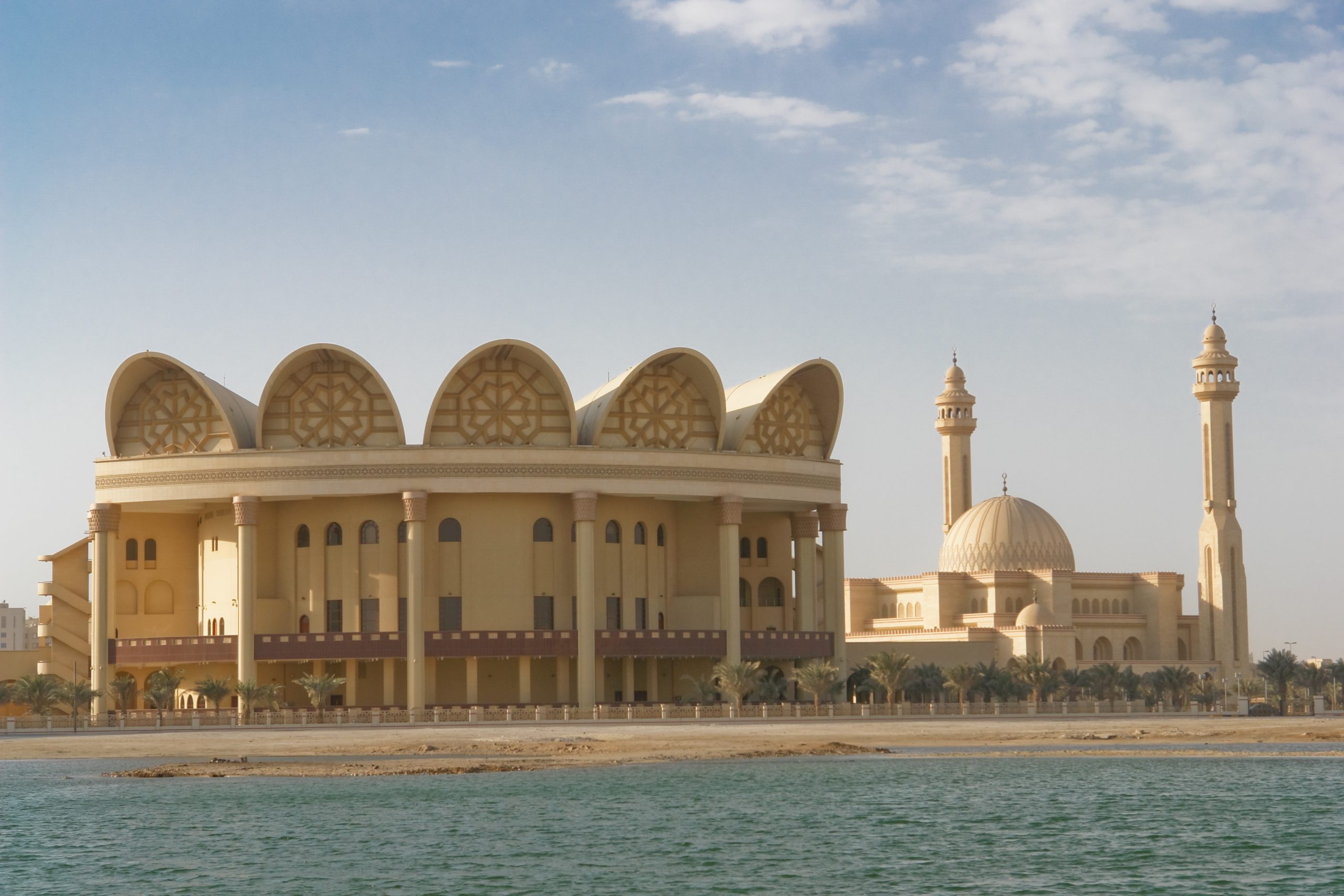
Kingdom of Bahrain

Monday, 3 June—Bahrain drafted a new law to allow foreign companies to own 100% of oil and natural gas extraction projects. This is part of a larger process aimed at boosting the oil industry and encouraging the discovery of new fields.
Tuesday, 4 June—Bahrain’s King Hamad bin Isa Al-Khalifa, issued a Royal Decree pardoning 167 inmates, that served part of their sentence after conviction, on the occasion of Eid Al-Fitr.
Thursday, 6 June—The International Monetary Fund (IMF) and the European Bank for Reconstruction and Development (EBRD) confirmed their participation in the US-organised, Bahrain-hosted workshop scheduled for 25 June 2019 in Manama as part of the US-proposed peace plan with regard to the Israel-Palestine conflict. The participation of such institution is key to discuss the financial and economic aspects of the plan.
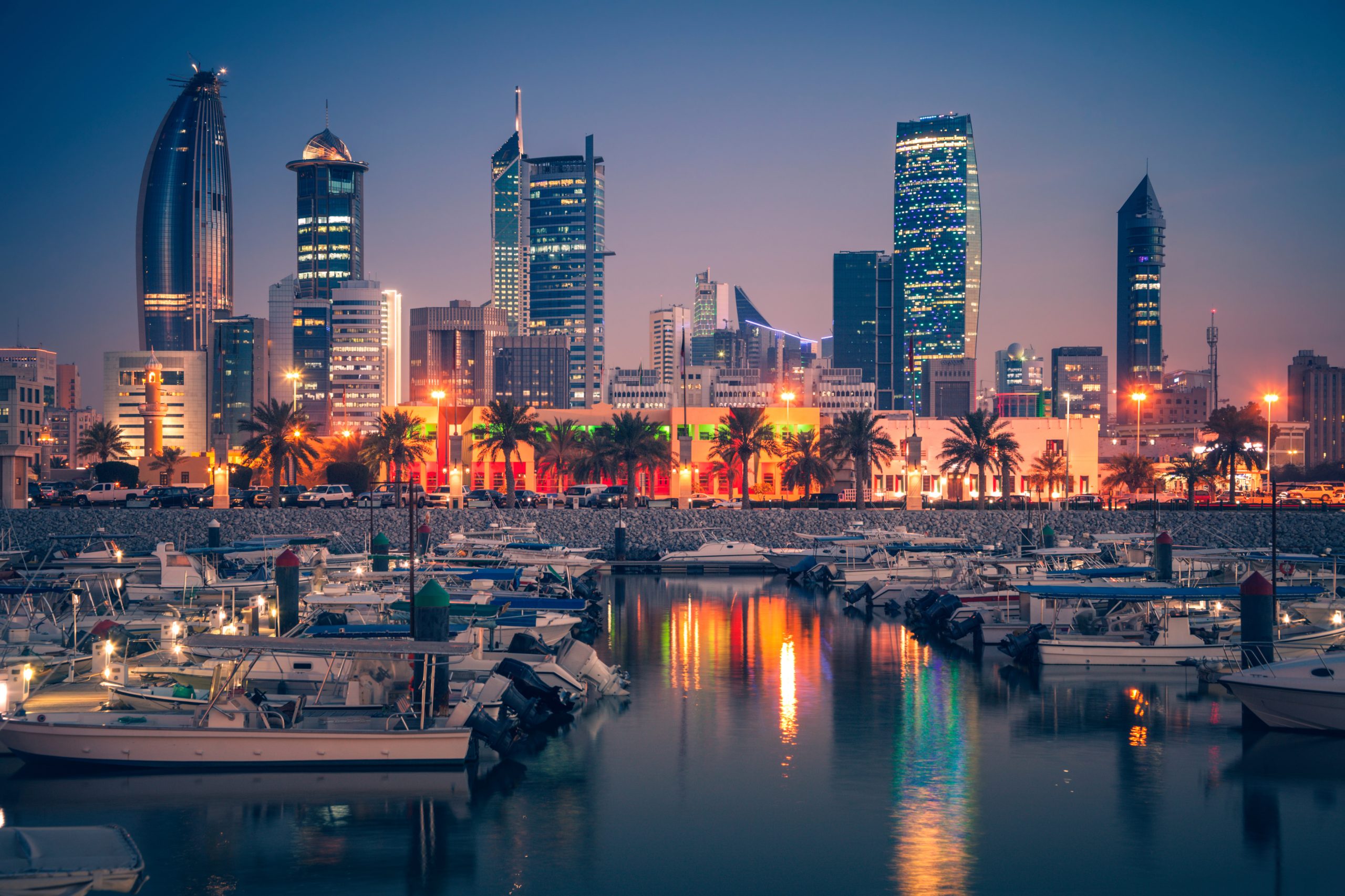
State of Kuwait

Thursday, 6 June—The assets of Kuwait’s two sovereign wealth fund have grown for the first time since 2015. This comes despite the government being forced to draw on the reserves of one of the funds—the General Reserve Fund (GRF)—due to the previous decrease in oil prices.
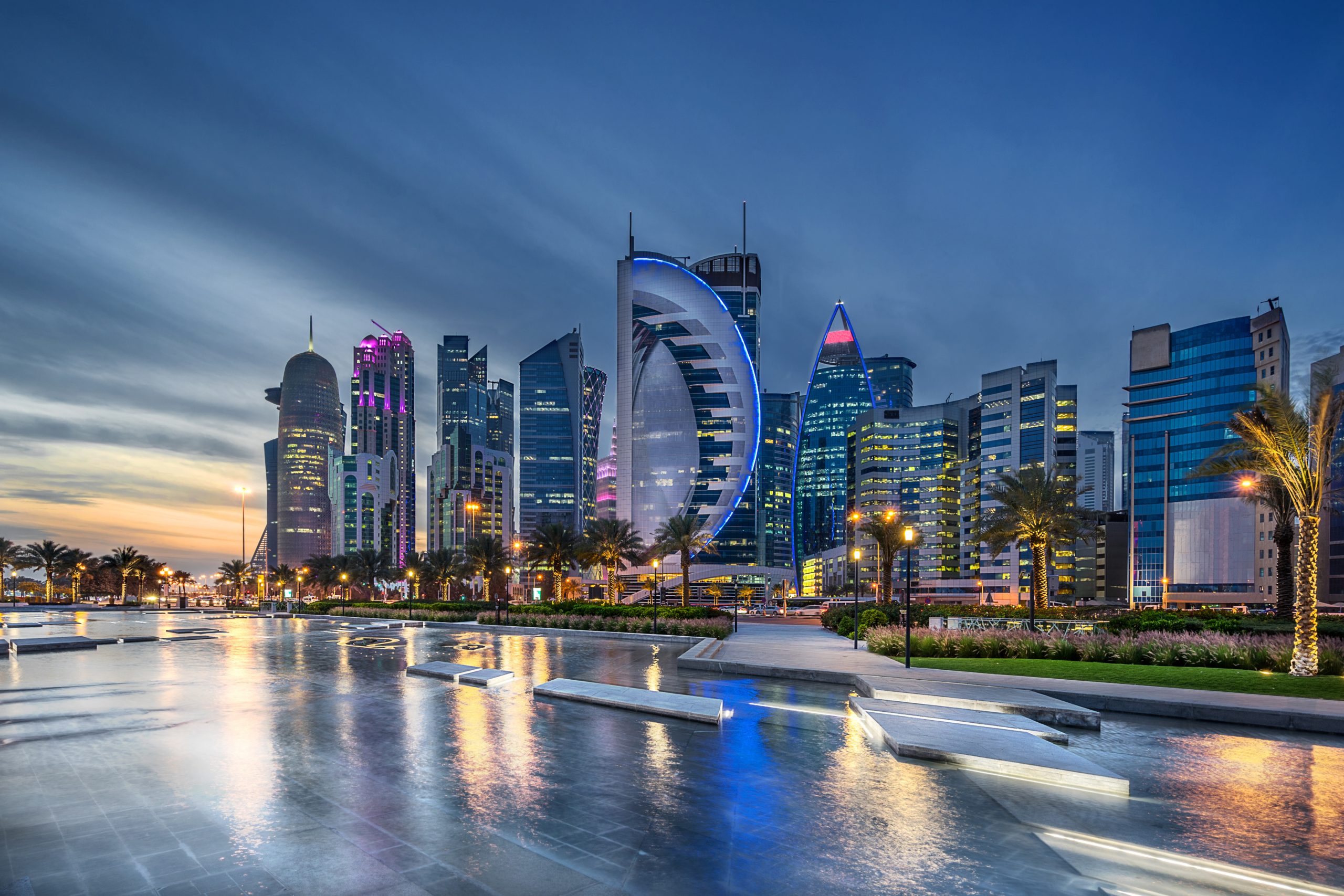
Sultanate of Oman

Thursday, 6 June—Oman’s Duqm Refinery and Petrochemicals Industries Company (DRPIC) has awarded a contract for front-end engineering design (FEED) work on its petrochemicals complex to UK’s Wood plc. The contract also includes a liquefied natural gas (LNG) extraction facility in central Oman and a 230km pipeline connecting the concession areas to the petrochemicals complex. British companies have increased their engagements in the Sultanate in the 2017-2019 period.
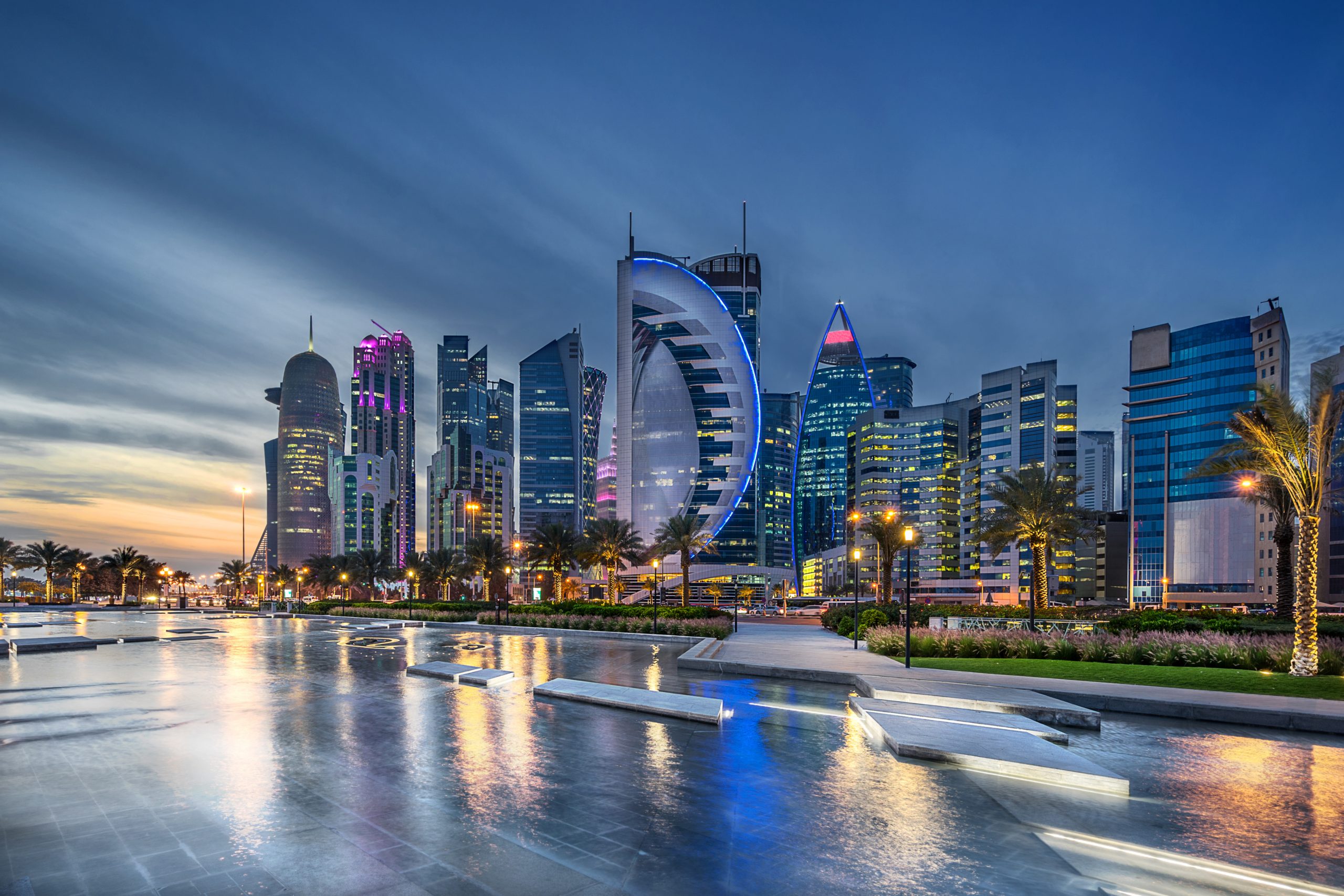
State of Qatar

Tuesday, 4 June—Qatar’s Qatargas Operating Company Limited (Qatargas) announced the successful completion of the largest ever multi-port delivery of a single cargo of Liquefied Natural Gas (LNG). The two cargo parcels were delivered to the Barcelona and Cartagena LNG terminals, Spain. Qatar is the world’s 4th largest LNG producer.
Thursday, 6 June—Qatar’s Emir, Tamim bin Hamad Al-Thani, received a telephone call from Iran’s President, Hassan Rouhani. The two leaders exchanged Eid Al-Fitr greetings. Al-Thani reaffirmed Doha’s eagerness to develop relations with Iran across the sectors. The exchange comes following last week’s GCC emergency summit in Mekkah. The final statement of the summit denounced Iran over escalating tensions but Qatar’s Foreign Minister, Mohammed bin Abdulraman Al-Thani, declared that it was not representative of Doha’s foreign policy.
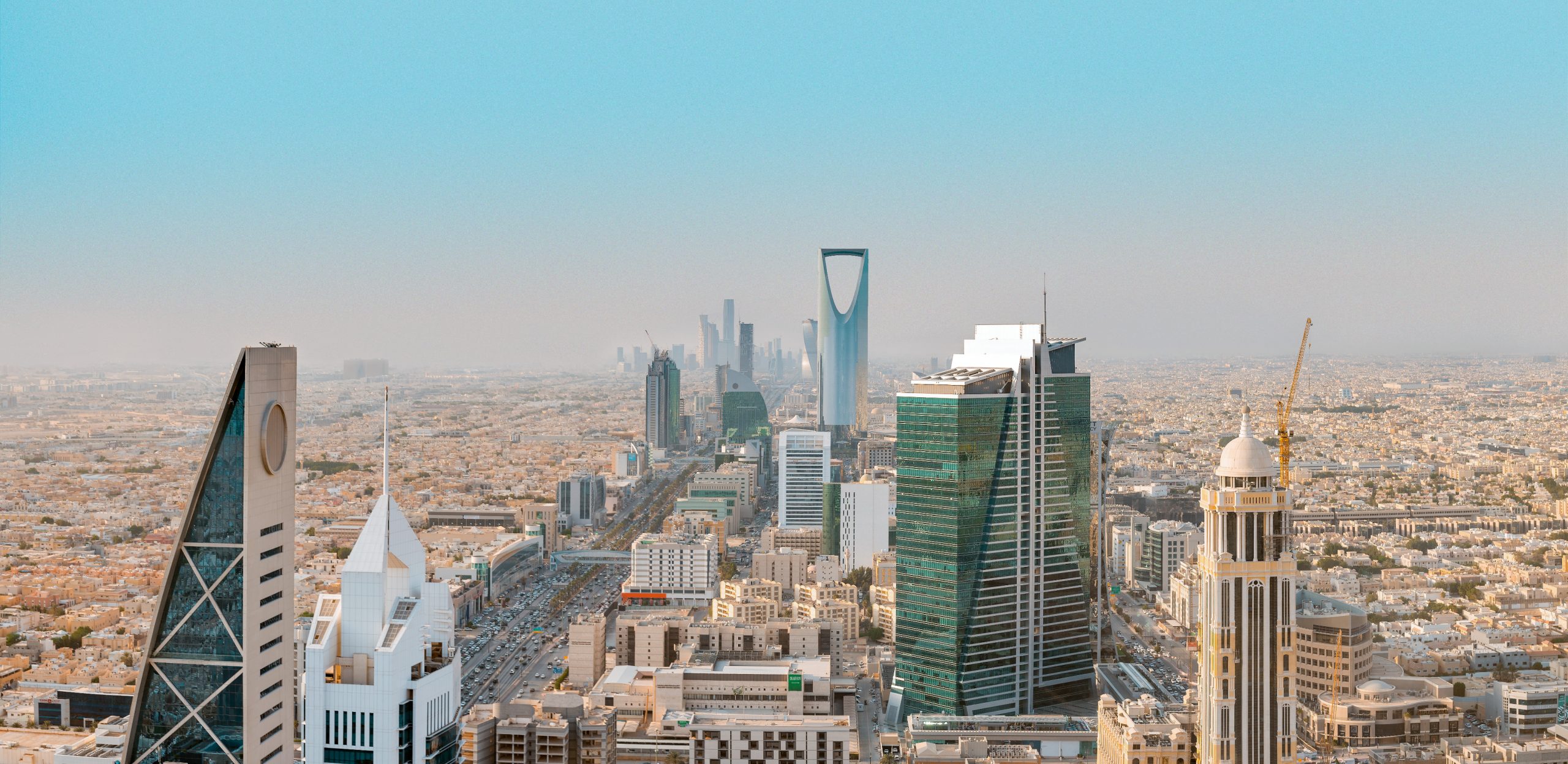
Kingdom of Saudi Arabia

Sunday, 2 June—The Saudi Arabian Monetary Authority (SAMA) warned against Riyadh’s exposure to the global oil market as the oil sector accounts for some 45% of Saudi GDP and more than 63% of government revenues. SAMA stated that despite Saudi Arabia’s economy growing by 2.2% in 2018, and oil dependency being reduced by the implementation of the Vision 2030 economic diversification programme, the slowing global growth, could indirectly impact the Saudi economy.
Monday, 3 June—Saudi Arabia’s Crown Prince, Mohammed bin Salman, ordered the establishment of a new company, headquartered in Mekkah, to develop holy sites and the relevant infrastructure which will be needed to serve the ever-growing number of pilgrims.
Wednesday, 5 June—Saudi Arabia expressed its concern regarding the deteriorating situation in Sudan. Riyadh supports the continuation of dialogue between Sudan’s civil society groups and the country’s armed forces after Khartoum’s military removed Sudan’s long-time ruler, Omar Al-Bashir, following widespread demonstrations.
Thursday, 6 June—Saudi Arabia’s Najran province witnessed an incursion by Yemen’s Houthi rebels from across its Southern border. The Iran-backed militia was temporarily able to capture some border posts before being pushed back into Yemen. Saudi Arabia and the United Arab Emirates (UAE) lead an Arab military coalition which fights to restore Yemen’s UN-recognised government, led by President Abd-Rabbu Mansour Hadi, internally displaced by the Houthis in 2014.
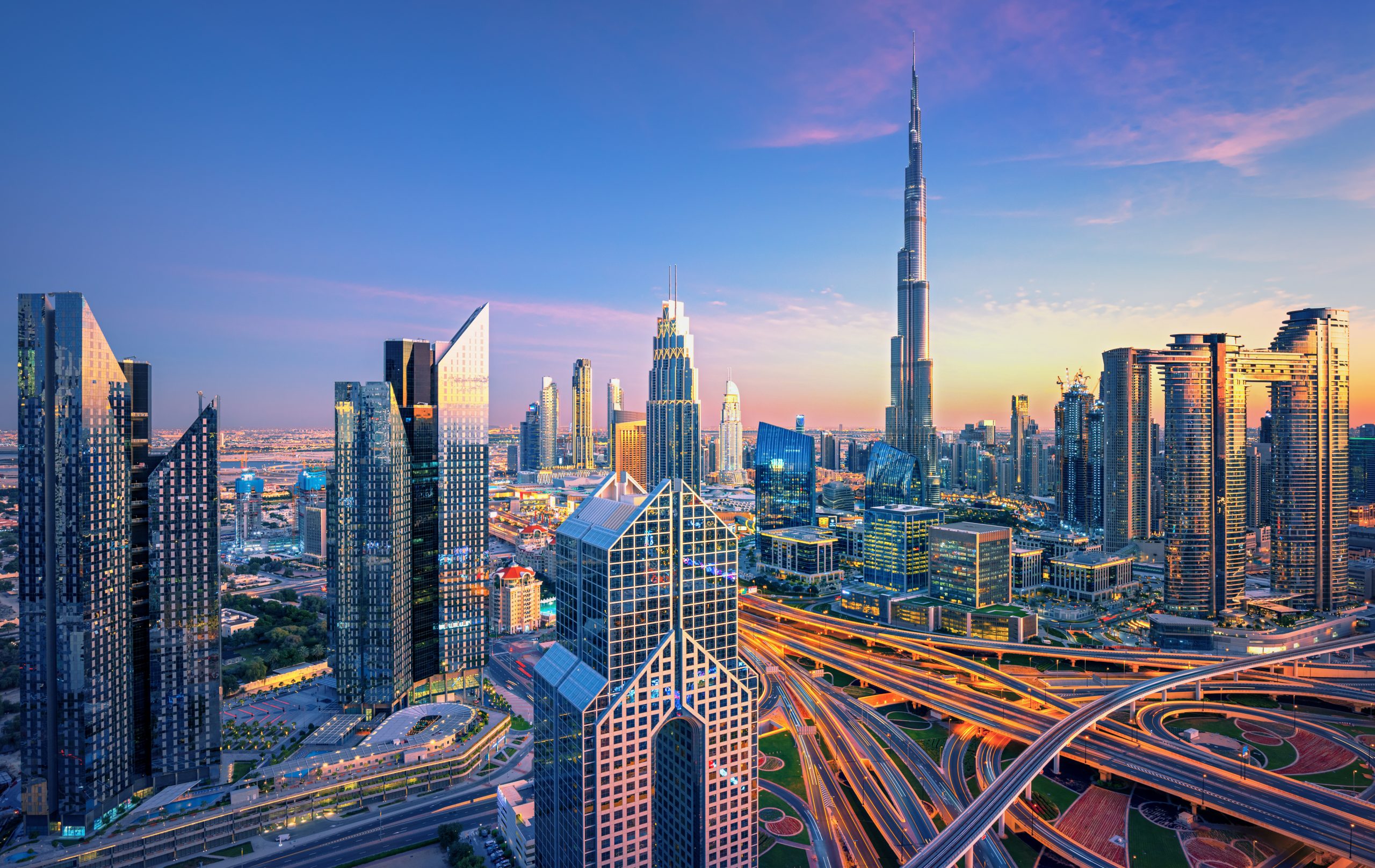
United Arab Emirates

Tuesday, 4 June—The UAE Dubai-based Dragon Oil Company, completed the acquisition of oil assets, previously held by British Petroleum (BP), in Egypt’s Gulf of Suez. Dragon Oil is set to purchase both producing and exploration concessions, including BP’s stakes in the Gulf of Suez Petroleum Company (GUPCO).
Friday, 7 June—The UAE presented its findings with regard to the May 12 attacks on Saudi, Norwegian and UAE oil tankers off the Emirati coast, to the United Nations Security Council. Many, including Norway and the US, accuse Iran of being behind the attacks, which came at a time of escalating tensions between Tehran and Washington.


